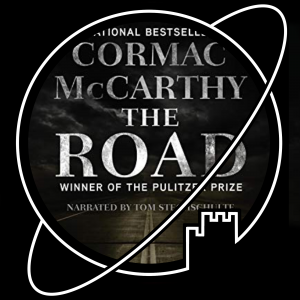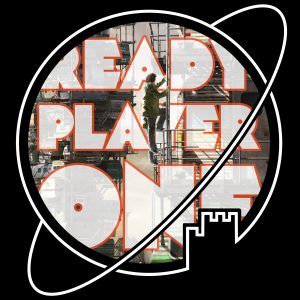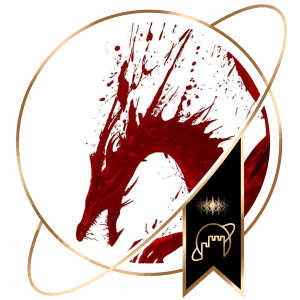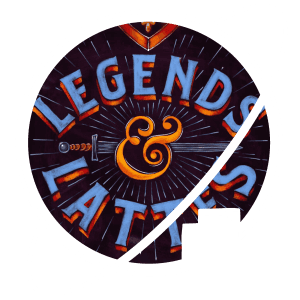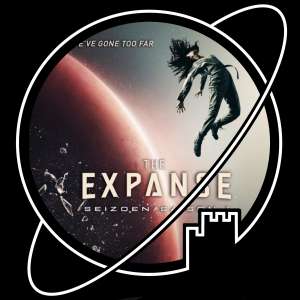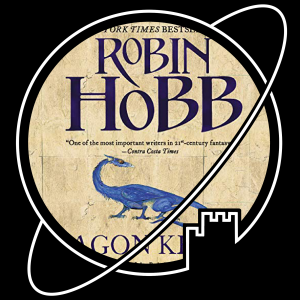- Novel written by Richard Matheson
- Published in July 1954
- Standalone
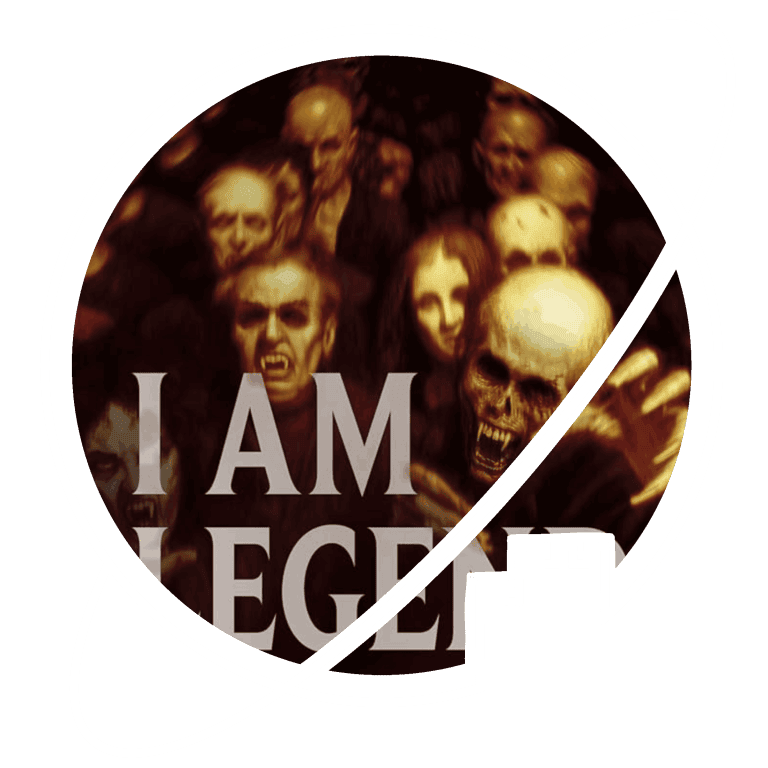

I think most people from my generation will associate the title above this review with the 2007 film featuring Will Smith more than with the 1954 novel that inspired it. I didn’t even know it was based on a novel until a couple of years ago. Well, I’ve read the novel now, and I am here to give you my thoughts on it.
I enjoyed I Am Legend for two different reasons.
First, I enjoyed it because unlike many other last-man-standing survivor stories, I Am Legend managed to paint a somewhat believable picture of a lone man struggling with loneliness, alcohol, and the frustration of having to take on the world alone, having to do everything yourself.
Where in many stories the chief emotion these people seem to feel is a melancholy sadness, Matheson’s main character, Robert Neville, is mostly depressed, and angry at himself, and at everything around him and at the unfairness of it all. As Neville develops over the course of the novel, your view of the world changes with it. It’s not a character driven masterpiece, but it works well.
The second reason I enjoyed reading I Am Legend is, whilst it has its unique characteristics, in some ways it feels like a relatively middle of the road zombie-apocalypse novel written last year – while being old enough to collect a pension. This is because it established so many of the tropes that are now the bread and butter of the genre.
For example, and the next paragraph contains slight spoilers, the idea of a disease that turns people into monsters globally – be they vampires or zombies or ‘walkers’ or whatever in-universe name is picked – is ubiquitous today. As far as I know, that trope was first used in I Am Legend.
Though the science itself is of course bogus (and the way Matheson uses it to explain the characteristics of his vampires makes you raise your eyebrows), it was novel at the time. In a way, it could be argued that Matheson invented the zombie apocalypse. It’s almost worth reading the novel just because of its role in the history of the speculative genre.
In conclusion, whilst it might not feel like a very original read, there are several good reasons to give I Am Legend a shot – not the least of which is that the only reason it doesn’t feel too original is that everyone who came after copied it.








